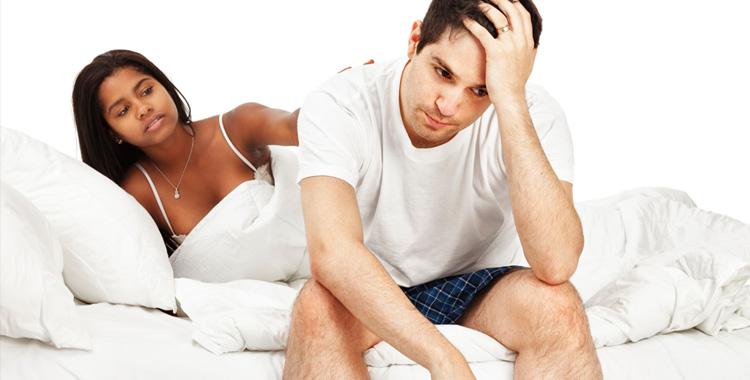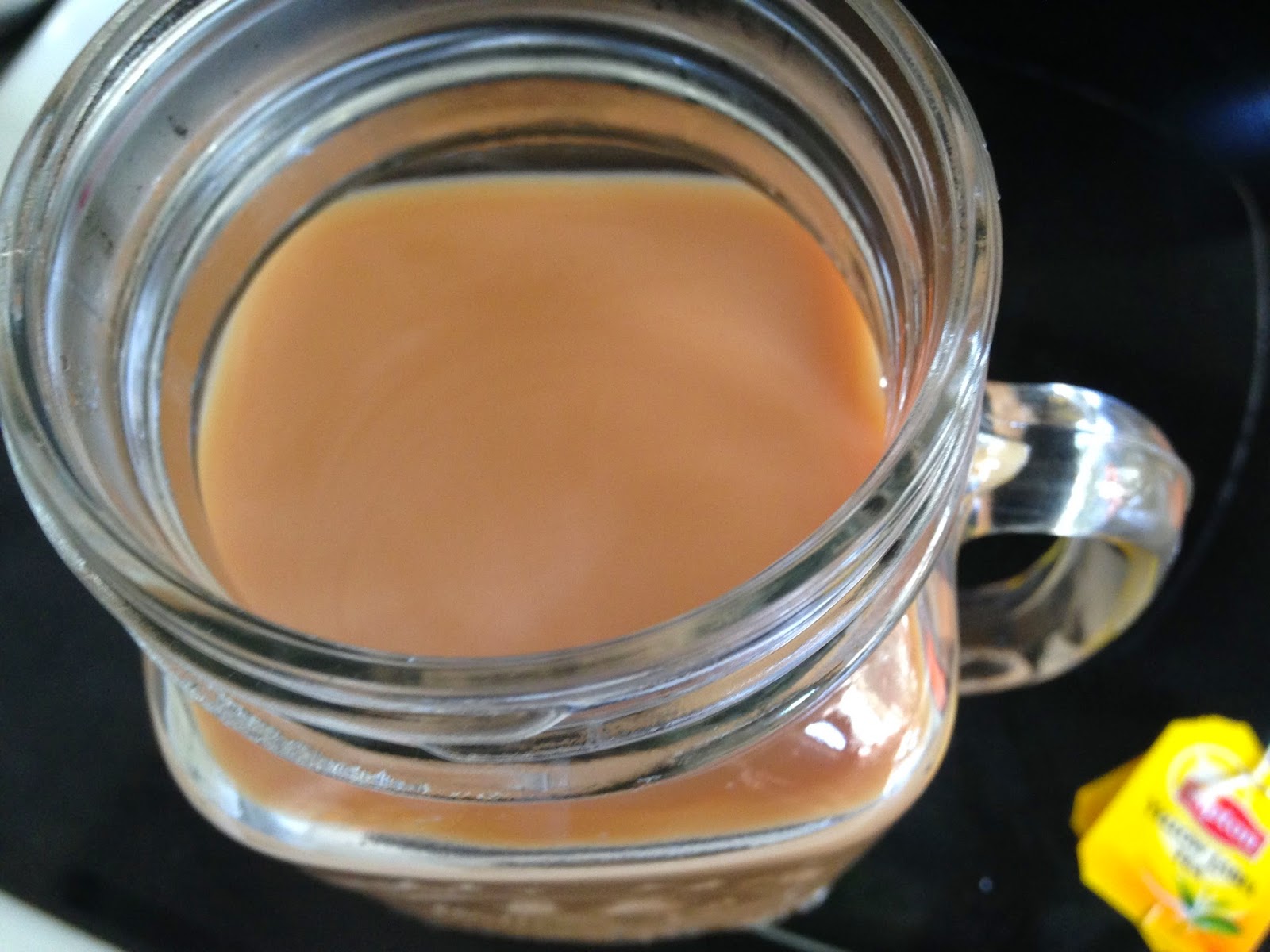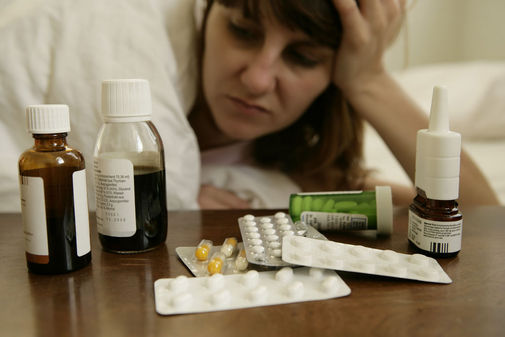Bipolar complications and depression

Bipolar complications and depression causes brain instability
Bipolar complications and depression: The brain instability
If you have never known what bipolar complications are, then it will benefits you to appreciate that normally it is identified by incidences of excitability (mania) interchanging with the cycles of depression. The mood swings between mania and depression are normally very sudden. Doctor Dalal Akoury, MD founder and President of AWAREmed Health and Wellness Resource Center says that bipolar disorder results from instability in the sections of the brain charged with moods regulation. During manic periods, persons struggling with bipolar disorder may be excessively impulsive and energetic, with a flamboyant sense of self. The depressed stage brings overpowering feelings of anxiety, low self-respect and suicidal thoughts.
Because of the seriousness of bipolar disorder, many of the victims will often require time in inpatient depression treatment centers. The essence of this is to help them to be free from life stressors, get appropriate medication management and learn healthier coping skills. Ideally if you will schedule for an appointment with doctor Akoury, this is what we will offer to you during treatment professionally and with a lot of dignity.
Bipolar complications and depression: Types of bipolar disorder
There are two principal types of bipolar disorder. Individuals with bipolar disorder have had at least one fully manic episode with episodes of major depression. (At one time, bipolar disorder was called manic depression).
Individuals with bipolar disorder II rarely suffer full-fledged mania. Instead they suffer periods of hypomania (increased levels of energy and impulsiveness that are not as extreme as the symptoms of mania). These hypomanic episodes alternate with episodes of major depression. A mild form of bipolar disorder called cyclothymia involves periods of hypomania and mild depression, with less severe mood swings. It is further important to note that bipolar disorder affects men and women equally and usually appears between the ages of 15 and 25.
Bipolar disorder symptoms and signs
The manic phase of bipolar disorder may last from days to months and include the following symptoms:
- Binge eating, drinking and drug use
- Easily irritated
- Elevated mood
- Hyperactivity
- Increased energy
- Inflated self-esteem
- Lack of self-control
- Little need for sleep
- Over-involvement in activities
- Poor temper control
- Racing thoughts
- Reckless behavior
- Sexual promiscuity
- Spending sprees
- Tendency to be easily distracted
These symptoms of mania are seen with bipolar disorder I. In people with bipolar disorder II, hypomanic episodes involve similar symptoms that are less intense. The depressed phase of both types of bipolar disorder involves very serious symptoms of major depression include:
- Struggling concentrating, memory lapse and poor decision making.
- Eating disturbances
- Fatigue
- Feelings of worthlessness, hopelessness and guilt
- Loss of appetite and weight loss
- Loss of self-esteem
- Overeating and weight gain
- Persistent sadness
- Persistent imaginations of death
- Sleep disturbances like excessive sleepiness or inability to sleep
- Withdrawal from activities that were once enjoyed and from friends
Finally, bipolar disorder increases the risk of suicide to the directly affected victims. While in either phase, a person may abuse alcohol or other substances, which can worsen the symptoms. Sometimes there is an overlap between the two phases. Manic and depressive symptoms may occur simultaneously or in quick succession in what is called a mixed state. But in all these instances, you will need help. This is what doctor Akoury and her team of experts will do effectively to restore your health professionally.
Bipolar complications and depression: The brain instability
http://regenerativepotential.com/wp-admin








 Depression mostly is caused by
Depression mostly is caused by 





